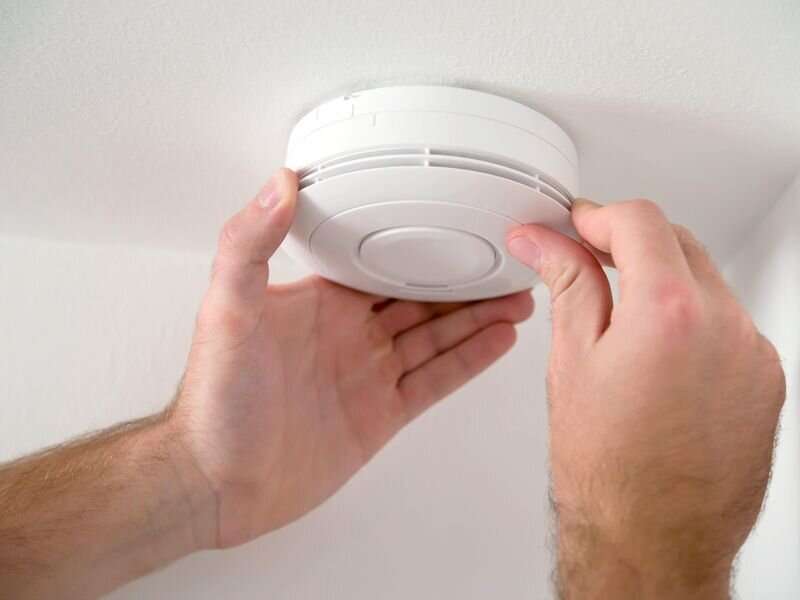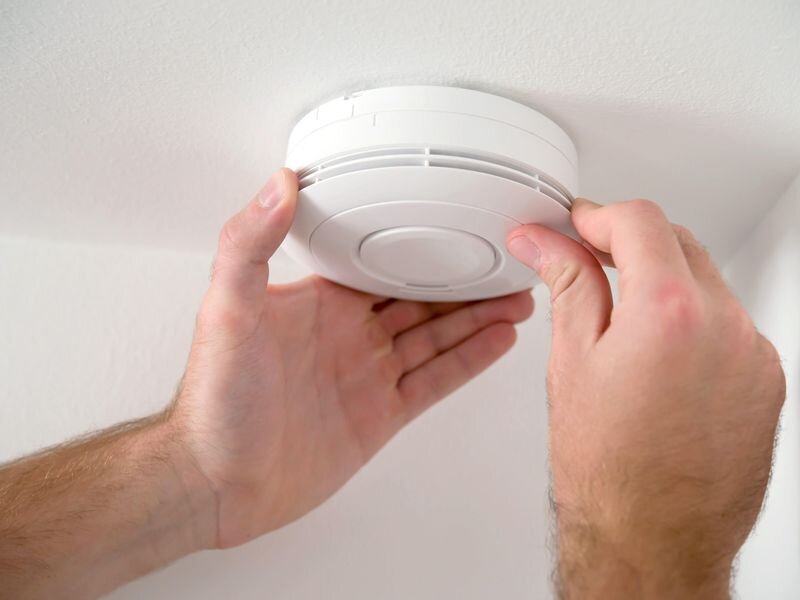
Child age has a significant impact on the effectiveness of audible smoke alarms, according to a study published online April 25 in Pediatrics.
Gary A. Smith, M.D., Dr.P.H., from The Abigail Wexner Research Institute at Nationwide Children’s Hospital in Columbus, Ohio, and colleagues used combined data from three previous studies to examine the effect of age on children’s response to four types of smoke alarms (human voice, hybrid voice-tone, low-frequency tone, and high-frequency tone). Data were included for 540 children (median age, 9 years).
For the four alarm types, the researchers observed a significant increase from 3.1 to 7.6 percent in the proportion of children who awakened for each additional year of age between 5 and 12 years. Child age also had a significant effect on the proportion of children who escaped for each of the four alarm types. There was no difference noted by sex in the proportion of children who awakened or escaped for any of the alarm types. For all alarm types, there was a decrease observed in median time to awaken and median time to escape with increase in child age. For 12-year-olds, only 56.3 percent escaped within one minute of a high-frequency alarm tone, while for children aged 9 years and older, a hybrid voice-low frequency tone alarm was >96 percent effective for awakening and prompting escape within one minute.
Source: Read Full Article
